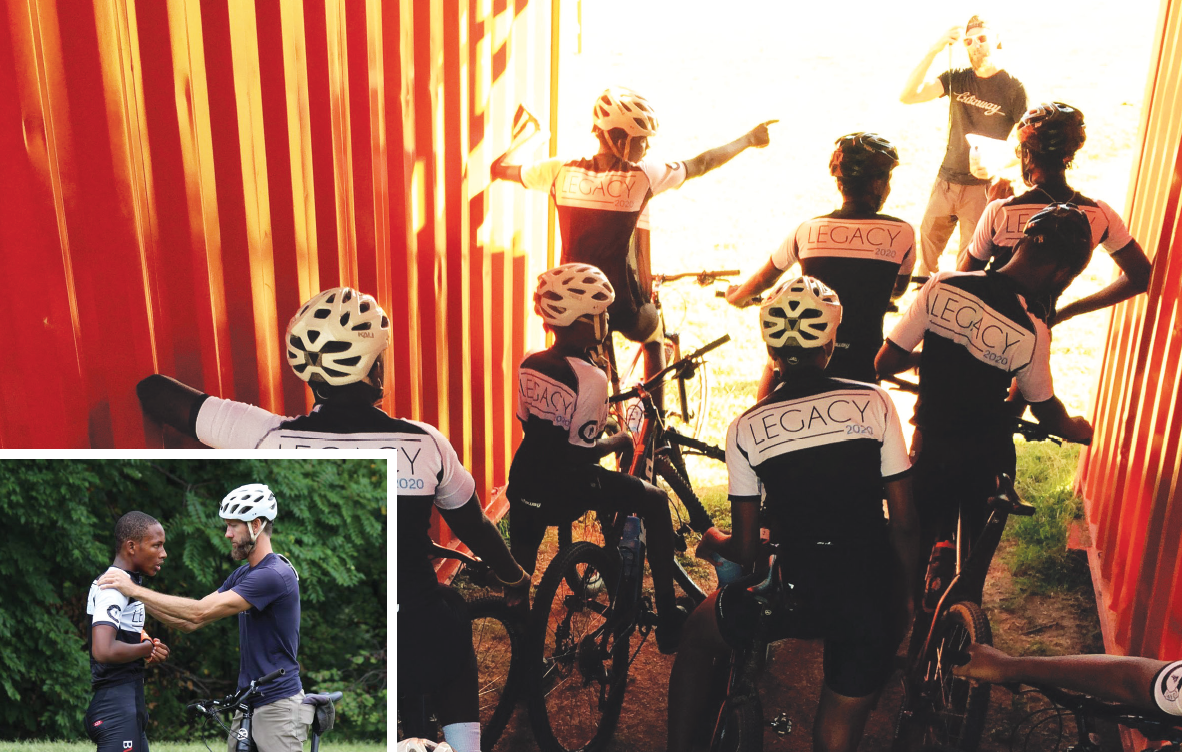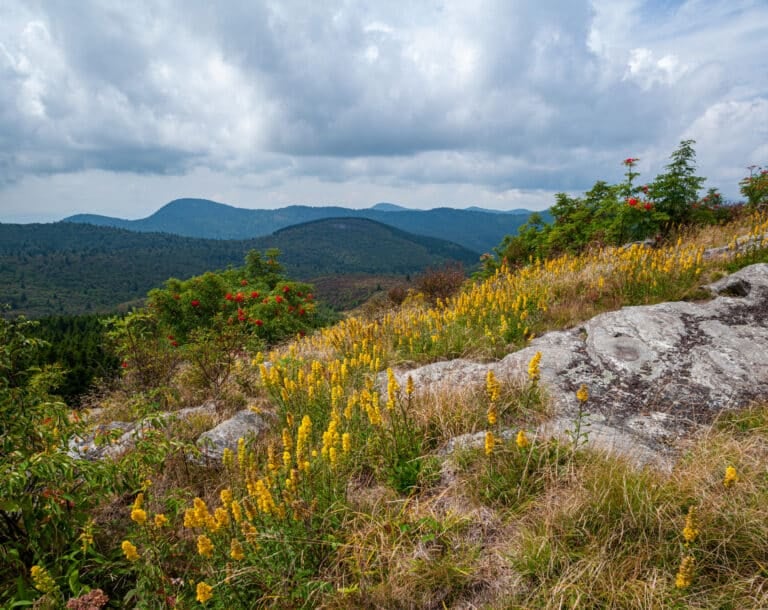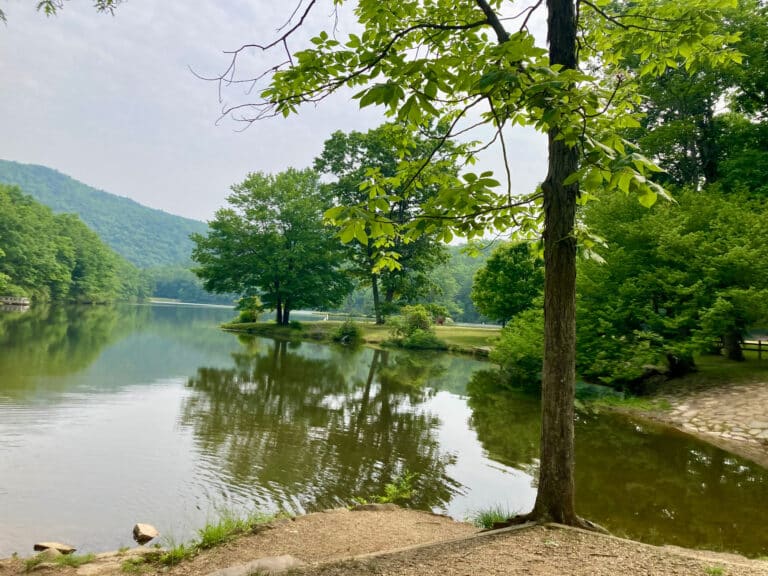It was a Sunday evening in 2011 when Craig Dodson’s phone rang. On the other end was a high school junior named Chris, a rockstar member of the cycling team Dodson coaches. Earlier that month, Chris had become the first member of the team to log 100 miles in a day on two wheels. A lifelong resident of Fairfield Court, a public housing development with some of Richmond’s most violent streets and roughest schools, Chris was a standout on the team, a role model for the other kids and a strong athlete. But when he called Dodson that evening from the nearby Boys & Girls Club, it wasn’t to discuss training or any upcoming races. One of his best friends had just been shot and killed.
“I was like dude, stay there, I’m on my way,” Dodson recalled. “When I got there he was absolutely sobbing and I just held him and hugged him.”
That was the day Dodson realized he was starting to develop trust with his team. Since day one, Dodson knew the Richmond Cycling Corps needed to be different. At face value it was a cycling team for low-income kids, but it quickly became clear that in order to be successful, RCC couldn’t function like other after-school clubs, or even other nonprofits. He’s the first to admit that as a white, middle-class educated, professional cyclist, his plan to save the world one poor black kid on a bike at a time was perhaps a little short-sighted.
“I decided to use what I have in my toolbox, and it shouldn’t have worked at all,” he said. “The only thing that made this thing work or even be effective was common sense, and I’m just stubborn.”
That stubbornness came in the form of holding the kids accountable no matter what. When members didn’t show up to practice, Dodson drove around the neighborhood until he found them. When they got suspended, he tracked them down with academic packets so they could stay on track. He drove them to and from school, took them to doctors’ appointments, bailed them out of jail and went with them to court.
“A lot of people just want to hear about the feel-good Walt Disney stuff on the bike, but the reality is it’s not always like that at all,” Dodson said. “I’m trying to re-engineer dysfunctional behavior and get these kids out of public housing.”
Dodson uses tough love both on and off the bike, and he pushes hard for his kids to stay active in the organization, even if their grades fall or they get into trouble at school. If every other pillar in a kid’s life is dysfunctional—mental, emotional and social development, good decision-making, education—but he or she is doing well on the bike, why take away the one thing that’s working?
“This kid goes out in the rain and does hill repeats on the hardest hills in the city for hours. He suffers on the bike and races at a super high level against the private school kids who have everything and he beats them,” Dodson said. “It’s working. And if you take that away he’s just going to be back in the environment that’s causing the problem to begin with.”
According to Tawante Nash, a 16-year-old high school junior who’s been training and competing with RCC for about seven years, that determination to not let anyone slip through the cracks is what makes Dodson more than just a coach.
“He’s just like a father figure to everybody,” Nash said. “I think I’m the only one on the team that actually knows my father, and he works a lot, but Craig’s just like a second father to me. Anything I need I can just call Craig.”
As for the cycling itself, Nash was drawn to it years ago because it was unlike anything else he’d done. Like a lot of boys in his neighborhood he spent a lot of time as a kid playing pickup games of basketball and football, but the structure of a cycling team was a whole different ballgame.
“It’s not like other sports,” Nash said. “You’re a team, but while you’re out there riding you’re on an individual bike, and you pedal yourself.”
RCC continues to evolve as both a cycling program and an outreach effort. Last summer the group launched The Kickstand, a bicycle rental and service shop that the kids help manage near the 52-mile Richmond-to-Williamsburg Capital Trail. The most recent development is a new headquarters, located just blocks away from Fairfield Court. The space will serve as “a powerful tool for our youth to gain the resources needed for their journey out of poverty,” giving the kids access to computers, laundry facilities, internet, a locker room and a comfortable lounge.








